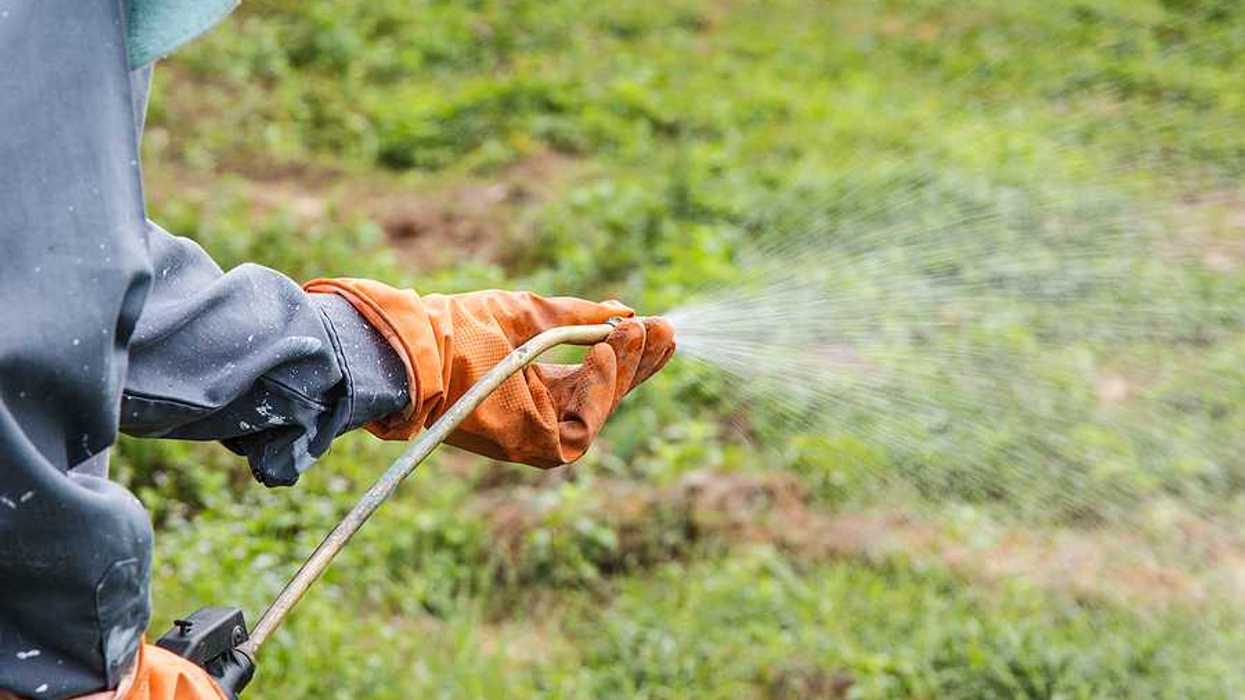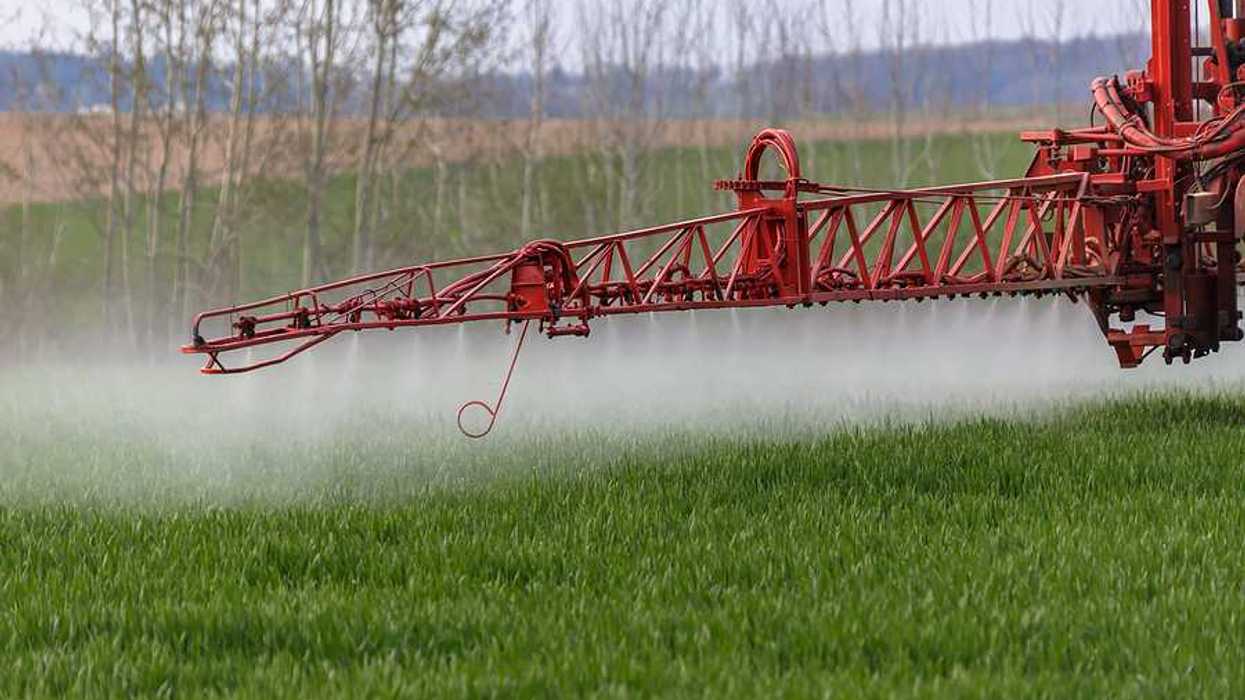A former Iowa pesticide applicator battling terminal cancer is among thousands suing Bayer over Roundup exposure, as the company pushes for state laws that would block such claims.
Estefanía Pinto Ruiz reports for KWQC TV6 News.
In short:
- Ray Bickel, a former pesticide applicator from Iowa, is suing Bayer, claiming his exposure to glyphosate-based Roundup led to chronic lymphocytic leukemia and stage three rectal cancer.
- Bayer is lobbying for state laws in Iowa and beyond that would prevent users from suing over pesticide-related injuries if the product labeling meets federal guidelines.
- Although Roundup’s main ingredient glyphosate is still considered "safe" by the U.S. Environmental Protection Agency (EPA), international and independent studies suggest a link between glyphosate exposure and cancers like non-Hodgkin lymphoma.
Key quote:
“It’s unfair that a pesticide company would get to hide behind that label when we don’t get that opportunity as farmers.”
— Aaron Lehman, president of the Iowa Farmers Union
Why this matters:
Glyphosate, the active ingredient in Roundup, has become a flashpoint in the debate over agricultural chemicals and public health. While the EPA continues to approve glyphosate for use, thousands of lawsuits argue it causes cancer and that manufacturers failed to warn users. Yet new state-level legislation could shield companies from accountability if their product labels meet federal standards, regardless of real-world harm. Critics argue that legal immunity prioritizes corporate interests over public health and shifts responsibility away from manufacturers and onto those most exposed. The stakes are clear: weakening liability laws could make it harder for individuals harmed by pesticides to get justice — and could allow potentially dangerous chemicals to remain in widespread use with minimal oversight.
Related: Op-ed: Essential farmworkers deserve pesticide protections














